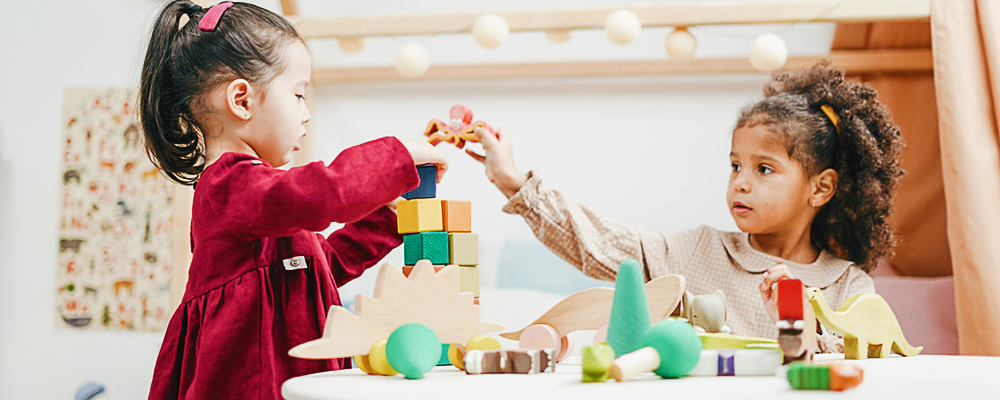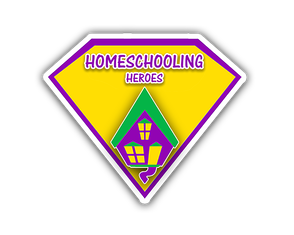How to Teach at Home |
|
by Alan Williamson, Guest Contributor
After a few challenging weeks, your child has made the successful jump to being a preschooler. The first few days were shaky, but now, he consistently earns praise for his performance inside and outside the classroom. He has also found the right balance between being independent and being a dependable classmate to his peers. With just a few weeks left to go before his toddlers’ nursery classes end, you are now thinking about the next challenges he is about to face — specifically, his advancement to primary school. In order to help your young one make that successful transition from preschool to big school, it is critical to understand the key differences and challenges. Key Challenges The Challenge: A larger class size One key difference between preschool and primary school is the class size. With more classmates, primary school poses two critical challenges for your child. First, he won't get as much personal attention. Second, with more classmates, the likelihood of being distracted grows exponentially. The Fix: Exposure One way parents can help their children overcome these challenges is to expose the little ones to large groups, like summer camps. This can help lessen the shock of being part of a larger group. At home, you can teach your little one good manners inside the classroom, like raising his hand if he wants to get the teacher's attention and keeping still at his desk while class is ongoing. The Challenge: Formal activities In preschool, the key concepts taught are packaged in the form of fun activities. In a big school, the classes are more formal. Apart from that, students are given homework assignments. The Fix: Build concentration and independence There are two key elements that your child should develop to help ensure success in primary school: concentration and independence. These habits can be learned at home. To help build concentration, find an activity that both of you can complete in several minutes, like drawing or coloring. With you by his side, he can better understand the importance of focusing on the task at hand. And although you are working with him on the same task, he can also develop independence by working on a project separate from yours. The Challenge: Toilet time Most preschools allow their young wards to take a toilet break any time they ask for one. In big school, students are encouraged to take advantage of break times for using the bathroom. The Fix: Teach your child to be more confident Initially, your little one may have a difficult time understanding why his teacher may reject his request for a bathroom break. Apart from teaching him to make effective use of his break times, you should also teach him how to become more confident in requesting a bathroom break if the need is urgent. Build Better Habits Apart from equipping your young student with the tools he needs to rise up to these critical challenges in big school, there are also a few habits that he should develop in order to become more successful in a formal classroom setting. Here are a few helpful tips from Child’s Play Nursery.
However, do not force him to follow a routine immediately. During his first few weeks at the big school, allow him to find his balance and pace until he finds a natural flow of things.
Before he turns in for the night, your child should be able to check if he has school tasks that are not yet completed, and to pack his belongings so he won't leave anything behind in his room. It would also be beneficial for him to have a fixed schedule for sleeping and waking up.
Early on, your child should learn to value the items that he uses for school. An excellent way to teach that is to show him how to pack his belongings at school and home, on his own, and to keep track of everything so that nothing gets lost.
And like most skills, children develop a passion for reading from their parents. Set a good example by reading with your kids.
At home, you should teach your child how to time his toilet breaks and how to go there independently. Before the formal start of big school, show him where the nearest bathrooms are. Be an Active Participant During his initial weeks in big school, it would be beneficial to check on his progress by talking to his teachers. You may also want to do some volunteer work during some of your child's school activities. This helps accomplish a few things. For one, it allows you to gain insight into your child's environment. And second, it lets your child know that you are invested in his learning and development. Just like going to preschool, moving to a big school has its own challenges and opportunities. By providing your child with ample support and guidance, he can make a seamless transition and become more confident in being independent. It may take a few days or even weeks before he becomes fully acclimated to his new surroundings. Be patient with him and give him reassurance that he can successfully overcome these new challenges just like he did in preschool. Soon after, he will become more confident in himself and more independent. Allow him to find his own pace and provide him the necessary guidance when needed.
About the author:
Alan Williamson is the Chief Education Officer at Kings' Education, a premium school brand in Dubai which leads a fantastic group of premium UK curriculum schools, including Child’s Play Nursery. As well as being passionate about teaching and learning, Alan has been actively involved in school leadership related to Special Educational Needs. |
Categories
All
Archives
July 2020
|
|
|

 RSS Feed
RSS Feed


